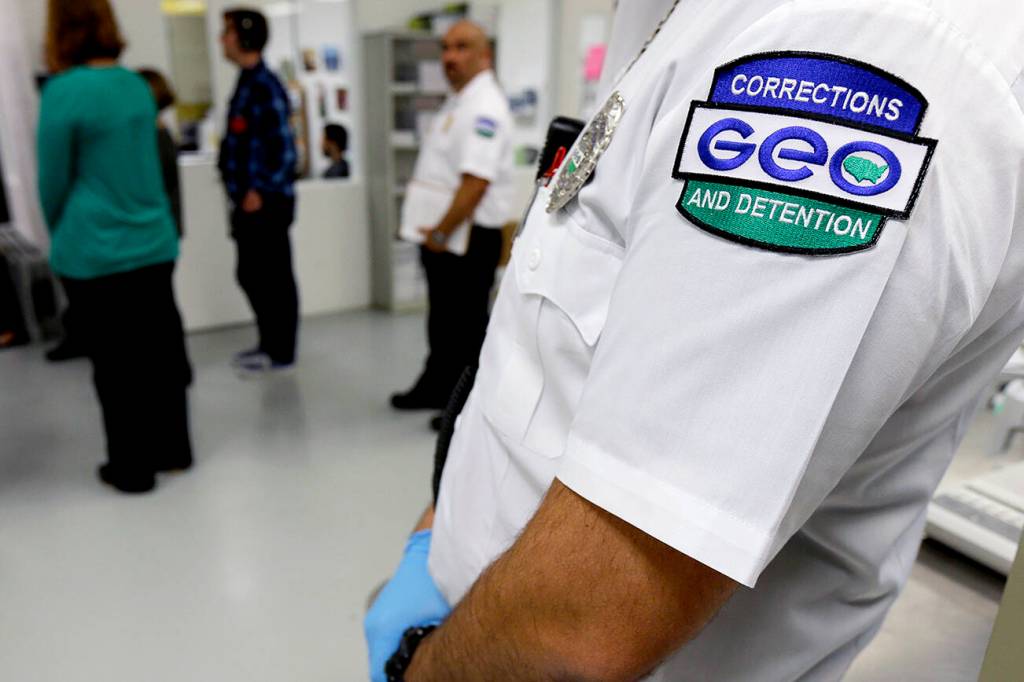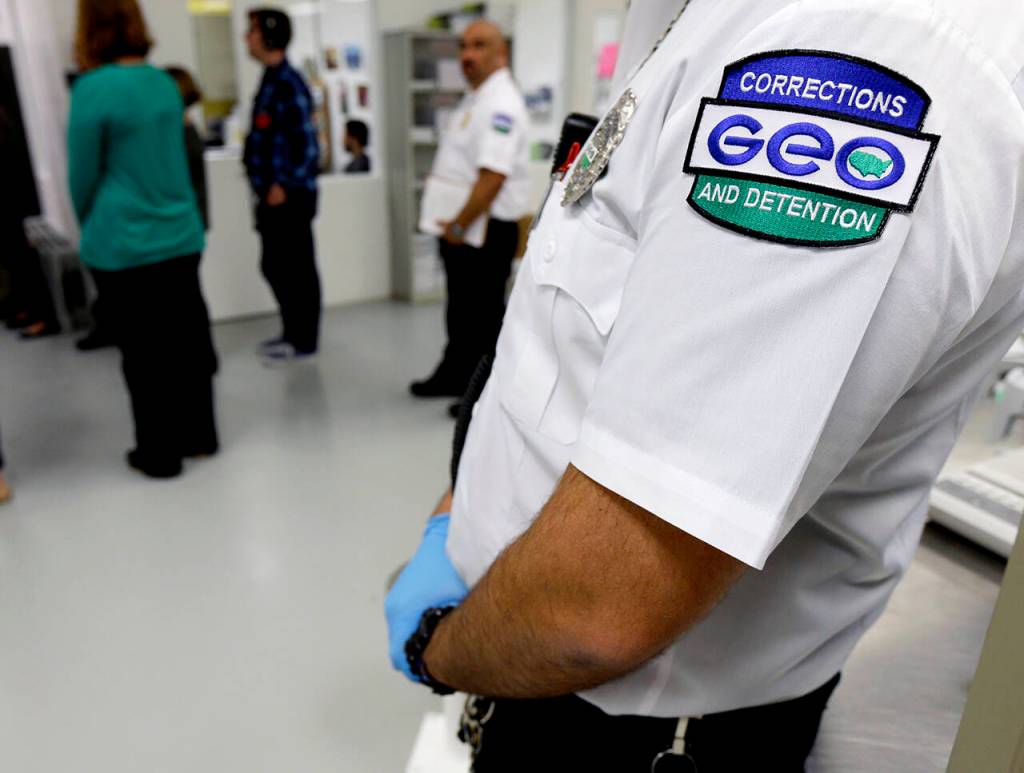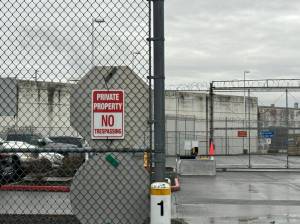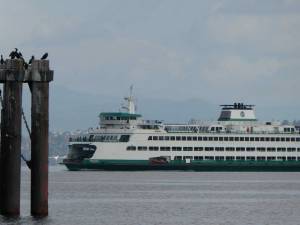Northwest detention center ordered to pay millions in wages
Published 6:01 pm Tuesday, November 2, 2021


By Gene Johnson / Associated Press
SEATTLE — A private prison company has been ordered to pay more than $23 million over lawsuits that accused it of running its for-profit immigration lockup in Washington state on the backs of detainees.
U.S. District Judge Robert Bryan on Tuesday ordered GEO Group to turn over $5.9 million in profits to Washington state. Bryan said that’s how much the company unjustly enriched itself since 2005 by paying detainees who volunteered to perform tasks like cooking and cleaning just $1 a day, instead of the state minimum wage.
The ruling came just days after a jury on Friday ordered the company to pay $17.3 million in back wages to more than 10,000 detainees and former detainees of the Northwest detention center in Tacoma.
“This is a landmark victory for workers’ rights and basic human dignity,” Washington Attorney General Bob Ferguson said in a written statement.
GEO is expected to appeal. The company, which did not return emails from The Associated Press seeking comment, has received permission from U.S. Immigration and Customs Enforcement to halt the detainee work program pending any appeal, court documents show.
Ferguson, a Democrat, sued the Florida-based GEO Group in 2017, saying the company had unjustly profited by running the Voluntary Work Program at the detention center. Local workers would otherwise have been hired to perform the jobs that went to the detainees, he said.
Private attorneys also filed a separate lawsuit on behalf of the detainees that year, seeking back pay. The judge, who rejected several attempts by GEO to dismiss the lawsuits, consolidated the cases for trial.
The first trial ended in June with a deadlocked jury. The second trial ended last week with jurors deciding that GEO should have paid the state minimum wage — now $13.69 an hour — and awarding the back pay.
GEO’s lawyers suggested that the lawsuits were a politically motivated attack on its business. Washington state had long known of the detainee work program, but did not sue until 2017 — amid an uproar over then-President Donald Trump’s immigration policies.
The company maintained that the detainees were not employees under the Washington Minimum Wage Act. Even if they were, the company said, it would be unlawfully discriminatory for Washington to require GEO to pay them minimum wage when the state doesn’t pay minimum wage to inmates who work at its own prisons or other detention facilities.
The definition of “employee” in Washington’s minimum wage law is broad — it includes anyone who is permitted to work by an employer, without regard to immigration or legal work status. The law says residents of “a state, county, or municipal” detention facility are not entitled to minimum wage for work they perform.
GEO’s detention center didn’t fit that exemption because it’s a private, for-profit facility, not a “state, county or municipal” one, attorneys for the state and for the detainees argued.
The Northwest detention center houses people who are in custody while the federal government seeks to deport them or reviews their immigration status. It can hold up to 1,575 detainees, making it one of the nation’s largest immigration jails, though the population has been drastically reduced during the pandemic.
During the first trial, GEO acknowledged it could pay detainees more if it wanted. In 2018, the company made $18.6 million in profits from the facility; it would have cost $3.4 million to pay the minimum wage to detainees.
Washington appears to be the only state to sue a private detention contractor for not paying minimum wage to immigration detainees. But similar lawsuits have been brought on behalf of immigration detainees in other states, including New Mexico, Colorado and California, seeking to force GEO and another major private detention company, CoreCivic, to pay minimum wage to detainees there.
A federal judge rejected the lawsuit brought by former detainees of CoreCivic’s Cibola detention center in New Mexico — a decision upheld by a federal appeals court panel in March.
“Persons in custodial detention — such as appellants — are not in an employer-employee relationship but in a detainer-detainee relationship,” the panel wrote.






